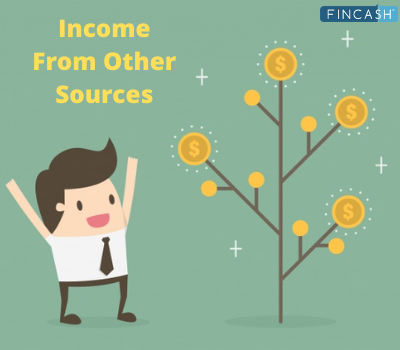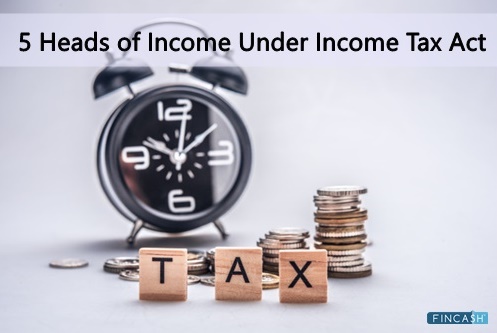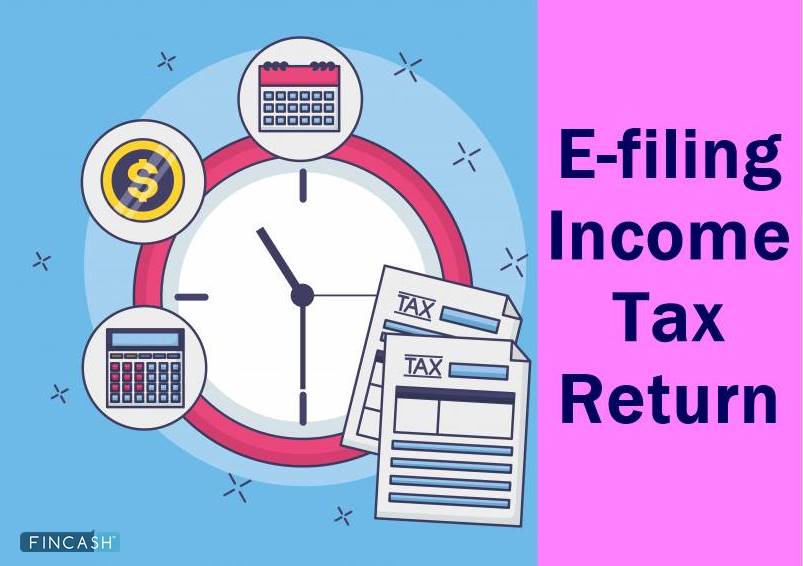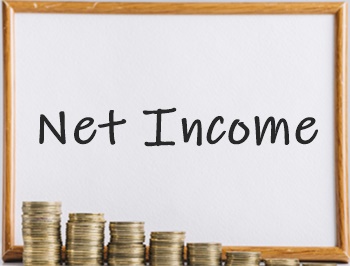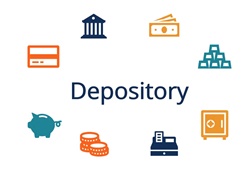Defining Fixed Income
Fixed income securities provide investors with a guaranteed return on their money. They are a liability for the company that introduces them to the market. Fixed-income investments earn returns regularly, and the interest payable on these assets remains consistent regardless of market Volatility.
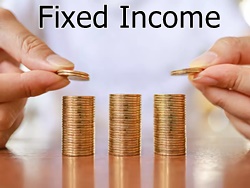
Before its issuance, the fixed income security's final value at maturity is computed. Thus, the investor is informed about it at the time of investment. This sort of market Investing tool is popular with those who do not want to be exposed to dangers and instead want guaranteed returns on their investment, as well as additional payouts.
Types of Fixed Income
Here are the major types of fixed income available:
1. Exchange-Traded Funds
Bond exchange-traded funds invest in a variety of debt securities offered in the industry to provide predictable and consistent returns. Thus, they provide stability because returns are paid at a predetermined interest rate regularly.
2. Debt Mutual Funds
They invest their assets in a variety of fixed income products, including government and corporate Bonds, money market instruments, commercial papers, and so on.
3. Fixed Income Bonds
Among the most frequent types of fixed income securities, bonds are issued by firms to support their daily operations to assure a smoother production run. Because fixed-income bonds are a liability for the issuing corporation, they must be redeemed when the business generates sufficient revenue.
4. Instruments of the Money Markets
Treasury bills, deposit certificates, commercial papers, and other money market instruments are categorized as fixed income securities since they are offered as investment channels at a fixed interest rate. They are typically supplied for a brief time, with a maturity period of less than a year.
5. Bank Deposits
Also known as fixed deposits, these instruments are the safest ways to invest. Depending on the investor, these fixed-income instruments can be purchased for short or lengthy periods.
Talk to our investment specialist
6. Public Provident Fund
Investing in such assets is advantageous because they are tax-free and pay a greater interest rate than conventional savings accounts. As a government-sponsored scheme, there are no dangers associated with it.
7. Senior Citizen Savings Scheme
These fixed-income bonds are designed to give India's senior citizens financial security. This scheme is subject to a substantial interest rate set by the finance ministry and is accessible by anybody over the age of 60.
8. Listed Public Sector Unit Bonds
These funds, which are one of the most popular types of fixed income instruments, offer high returns since they are provided by the country's best-performing public sector units. They have very little danger connected with them.
Fixed Income Investments
An individual investor can purchase a single bond or other fixed-income security. Building a diverse Portfolio of individual bonds, on the other hand, necessitates a large number of assets. What makes buying and selling a variety of fixed-income instruments so difficult for individuals? The bond market has high minimum investment requirements, significant transaction fees, and a lack of liquidity. Individuals can still participate in fixed-income Mutual Funds and exchange-traded funds, though.
Fixed Income Securities
Bonds (including corporate and government), money market instruments, and asset-backed securities are all part of fixed income securities and they work similarly.
Bonds
Bonds are a whole field of financial or investing study in and of themselves. They are described as loans made by the investors to an issuer with the promise of repayment of the principal amount and monthly coupon payments (usually every six months) representing the interest paid on the loan. The aim of these loans varies greatly. Governments and corporations that are seeking methods to fund initiatives generally issue bonds.
Money Market instruments
Securities like commercial paper, bankers' acceptances, deposit certificates, and repurchase agreements ("repo") are examples of money market products. Treasury bills are theoretically included in this category; however, they have their own variations due to their vast amount of trading.
Asset-Backed Securities (ABS)
These are fixed-income securities backed by "securitized" assets like auto loans, credit card receivables, or home loans. ABS refers to a group of assets bundled together into a single fixed-income security. Asset-backed securities are typically an alternative to the investors' corporate debts.
All efforts have been made to ensure the information provided here is accurate. However, no guarantees are made regarding correctness of data. Please verify with scheme information document before making any investment.


